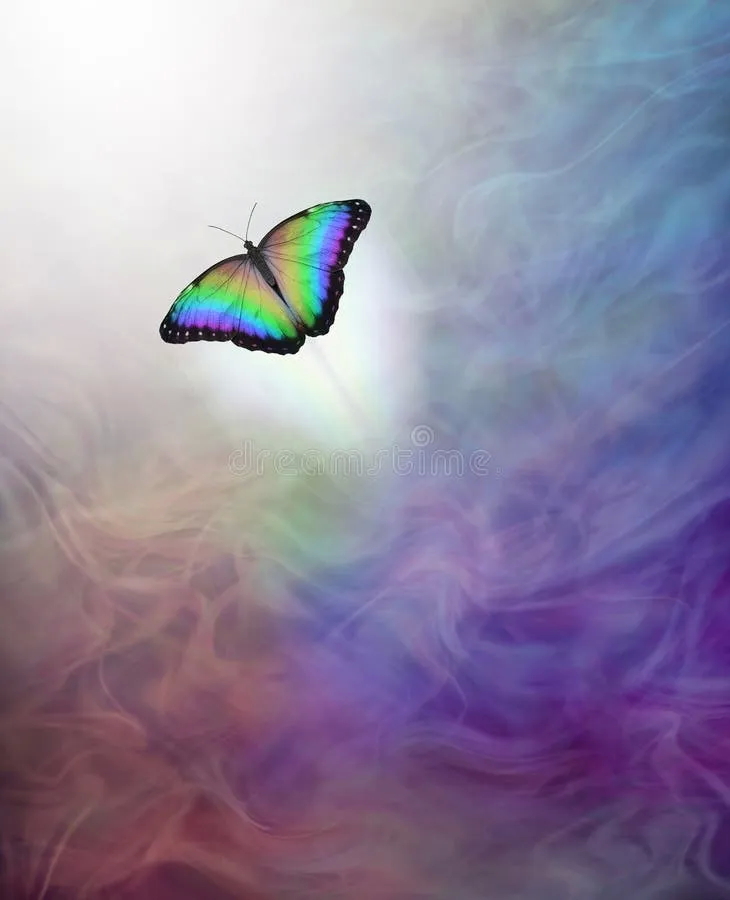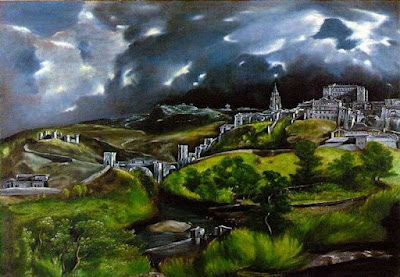Awakening and the Afterlife

This episode of the blog builds on existing, independent research to generate ideas about possible connections between a) awakening to a deeper realisation of who we are and b) our consciousness after the process we call death. Although religious traditions and ancient philosophies are among the many sources to have written about such things, I’ll be drawing mainly on contemporary sources. Research into the survival of consciousness after death Good progress has been made in recent years in gathering research support for the continuation of consciousness after death. One of the best sources of research studies into the afterlife that I know of is the result of the 2021 Bigelow essay competition on ‘Best Evidence for Survival of Human Consciousness after Death’. The website address that contains links to all the prize-winning essays has changed a couple of times, but the one I have put into the Bibliography section below worked for me recently. One of the papers (Delorme, Radin an...





